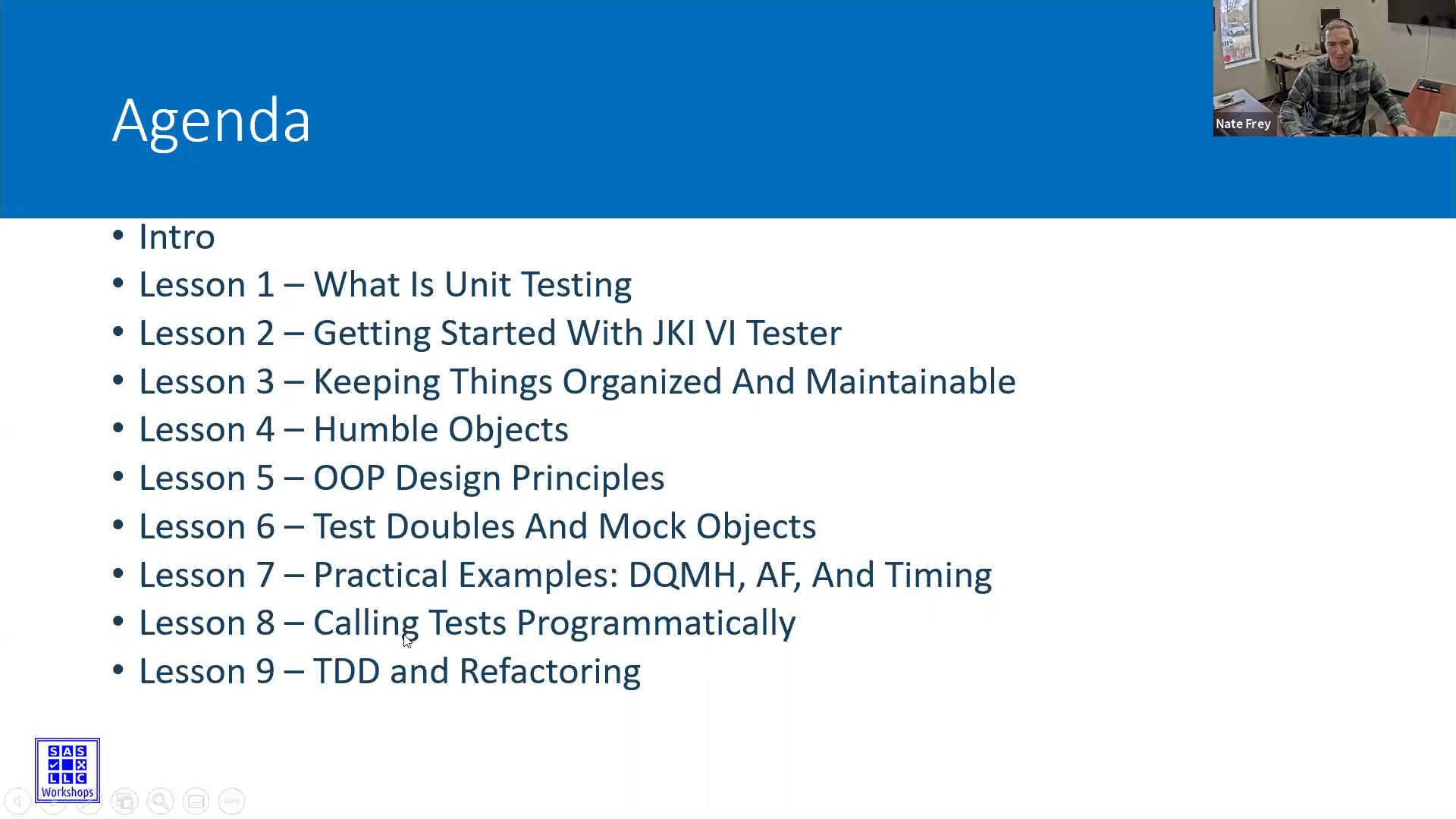Zoom Workshops lessons learned.

We just wrapped up a set of workshops at the end of April. After each set of workshops, I like to take a look back and evaluate. It’s kind of like an agile retrospective. I was particularly interested in the results of this since it was the first workshop since COVID19 and the first time doing workshops over Zoom.

What needs improvement
- Attendance was down. This is largely due to the Coronavirus and partially due to me. Due to the uncertainty of whether the workshops would go on as normal or whether we would have to do them over Zoom, I did not advertise as much as I should have. I let the uncertainty and fear paralyze me. For the next round of workshops, I have already started doing a bunch more advertising.
- Connectivity was an issue. One of the student’s ISPs just got overwhelmed and shut down for 6 hours. I also had some video issues on my end. My camera would freeze occasionally. It was particularly bad when sharing my screen. Eventually, I learned to turn off my video feed when sharing my screen. Not much to do to fix that at the moment.
- It’s harder for people to get away from work. One of the students was still going into the office and got called away and missed a session. If he had been offsite at an in-person training that might not have happened. To be fair a piece of critical equipment got struck by lightning and needed to be repaired immediately. He might have gotten called in anyway.
- Funding was an issue. I had several people who were interested in attending, but their training got yanked at the last minute. Not too much I personally can do about that problem except not counting my eggs before they hatch or perhaps be more aggressive on the sales front.
- Various Minor Exercise Issues. After the last Unit Testing workshop, I decided to add a bunch of exercises. The new exercises went well, but since it was the first time I had used them, there were a few issues. Some of the instructions were not clear. One of the exercises used a PPL and I forgot to account for people using 64bit LabVIEW. All easily solvable.
- Surveys. It is surprisingly hard to get students to fill out surveys. I think the only solution is to literally stop the class and not resume until everyone has filled out the survey. I knew this trick and yet I still did not do it. Maybe I am a slow learner.
What went well
- Even with poor advertising, I did get some attendees. I did get enough students to run the workshops. It worked out well for the people who did attend as they got more personalized attention. It was nice to get a little income during these uncertain times, even if it wasn’t as much as I would have liked.
- Zoom does work. It is possible to carry out hands-on workshops over Zoom. It’s certainly not ideal, but it does work. Luckily I listened to Fab’s advice and broke the workshop into 4-hour sessions. 3 or 4-hour sessions (combined with all the other Zoom meetings going on in an average day) seemed about the right length as long as you add a nice break somewhere in the middle.
- Pair programming over Zoom does work. For some of the exercises, I worked with the students to do some pair programming. It wasn’t perfect but it worked well enough. It also worked for me to watch over students as they did exercises so I could answer questions and make sure they were on the right track.
- Time in between sessions to absorb and practice things. By spreading things out the students had time to practice things in between sessions. It seemed to help. They always came back to the next session with lots of good questions.
- Recordings are nice. I was able to give students the recordings so they could go back over them later. For in-person workshops, I had not been doing that. It was quick and easy for me to do and the students seemed to appreciate that.
- Unit testing exercises. I added several more exercises to the unit testing class. They seemed to go over pretty well.
- Personalizing the DQMH workshop project. At the end of the DQMH workshop, the students design and build a project. In a normal size class with lots of participants, they typically build the Continuous Logging and Measurement sample project. Because we had fewer students this time, the students were able to work on their own projects that they had brought in from work. That went well and gave them something tangible to take home from the workshop.
Next Round Of Workshops
We have already scheduled the next round of workshops. We’ve also added a new workshop: Unit Testing Intro. It is designed to introduce beginners to unit testing. Unit Testing is the most useful tool I have found to help me produce reliable and maintainable code. I think beginners should be exposed to unit testing early on, so they build good habits. This is my attempt to make it easy for beginners to pick up the habit.